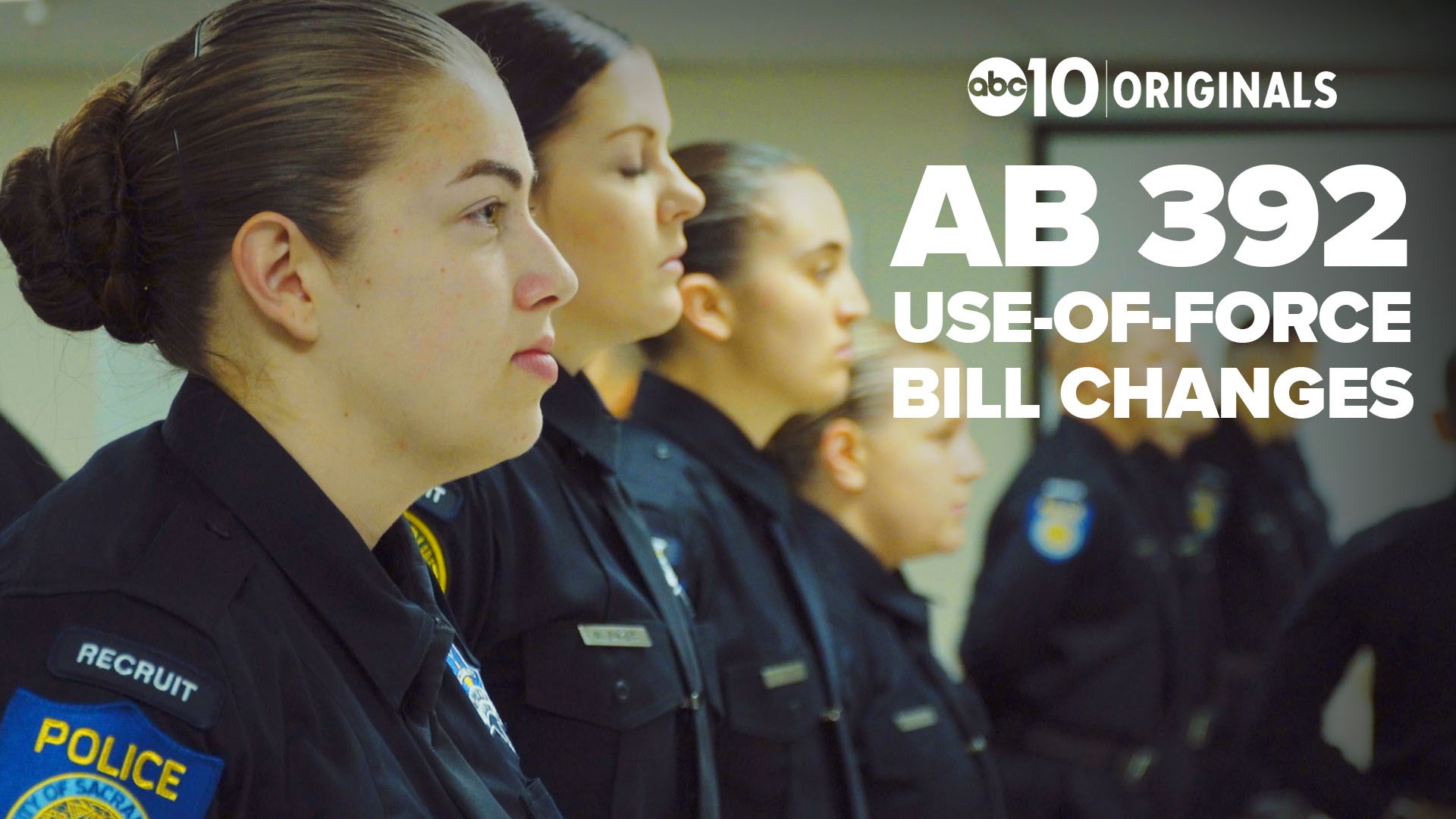SACRAMENTO, Calif. —
Less than a month after Sacramento Police officers shot and killed Stephon Clark, Assemblymember Shirley Weber (D-San Diego) introduced a bill to “ensure that our state policy governing the use of deadly force stresses the sanctity of human life, and is only used when necessary.”
Numerous protests had paralyzed daily life in Sacramento and Assembly Bill 931 was the legislature’s response.
“It is time now that we as legislators match that energy and do the right thing by pushing for smart and effective reform,” said Weber then.
In the months that followed, the divide between police perspective and community perspective at the time of an officer-involved shooting became abysmal.
After long negotiations, the law enforcement lobby succeeded at having the bill shelved. They claimed that if the state’s use-of-force standard was elevated to “necessary,” police lives would be at a greater risk. Weber did not desist and re-introduced the almost identical AB 392 in February 2019.
Tensions rose between activists on both sides of the use-of-force debate when Sacramento District Attorney Anne Marie Schubert announced the officers who shot Clark would not face prosecution.
Pressure to act and change the system was once again on the legislature.
Police associations, like the Peace Officers Research Association of California (PORAC) reacted by sponsoring a competing use-of-force bill, which sought to establish and fund a statewide standard for training on de-escalation techniques, among other factors.
In April, the two bills were merged, with the passing of the training bill (SB 230), contingent on the passing of AB 392. This week, the ACLU and PORAC stood on the same side, supporting both bills as they made it through the Assembly and Senate floors respectively.
The ACLU said, “If passed and signed into law, AB 392 will transform California from a state with one of the most permissive use of force laws to a state with one of the strongest laws in the country.”
Brian Marvel, president of PORAC, said the amendments negotiated into the bill turned his opposition to the bill into neutrality, saying, “one of the biggest issues when we had that conversation was about the officers having to do a checklist before they could use deadly force. I think that’s horrible for officers but also for communities, for keeping the community safe.”
He said, “by having that language removed, I think it now allows officers to be able to go into a critical incident knowing that if lethal force is dictated at the time of the incident they can use it. If not, they can de-escalate, use all these other techniques.”
Still, community activists are skeptical of the amendments resulting from political negotiations.
Barry Accius said, “when you have law enforcement kind of celebrating the fact that they were able to ‘work with the community’ to kind of make the bill make sense for all parties, it scares me. It lets me know that the bill is not strong enough. It wasn’t strong before and it’s definitely not strong right now.”
Continue the conversation with Lilia on Facebook.
Editor's note: This story has been updated to reflect the correct number of Senate Bill 230. In the original publication, the bill appeared as SB 320.
RELATED:
-

